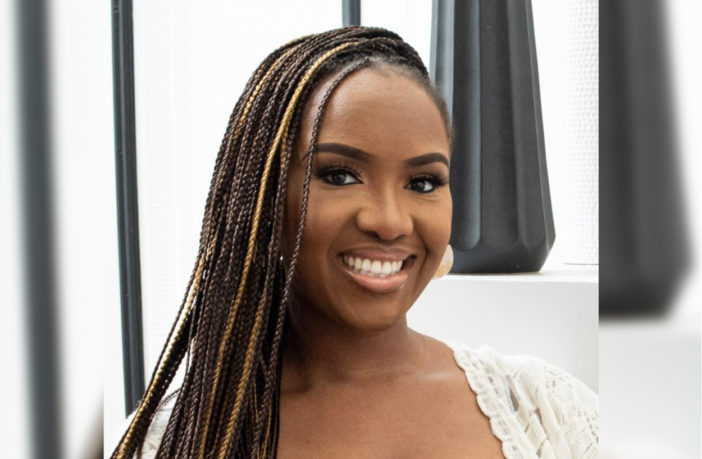Here’s the “tea” on this invitation take-back.
Philadelphia entrepreneur Felicia Harris-Williams, owner of Gynger Tea, said Cooper University Health Care uninvited her to be a vendor at a Black History Month expo, claiming her specialty teas were not a fit for their cultural theme.
According to The Philadelphia Inquirer, the initial invitation Williams received was to be one of the Black-owned businesses to showcase their products during the Black History Month marketplace. Unexpectedly, Cooper withdrew the tea owner’s invite with an email saying her brand “does not fit in with our cultural theme since it’s not specifically an ethnic product.”
“How is a Black-owned company not ethnic for Black History Month?” Williams, 36, asked. “It just didn’t make sense to me. It’s just unacceptable behavior.”
“Who makes that determination of who’s Black enough? Obviously, somebody screwed up,” said Lloyd D. Henderson, president of the Camden County East Chapter of the NAACP.
Williams took to her company’s social media to share the unfortunate news with followers.
Cooper hospital made a statement apologizing to Williams “for an unfortunate miscommunication that caused her understandable frustration,” adding that they miscommunicated the event guidelines that prohibited food and beverage vendors.
“I thought it was a great opportunity to put my business in front of a new audience,” Williams said. “This is a perfect fit to be in a hospital.”
Williams questioned Francess Bowen-Metzger regarding their decision to remove her as a vendor. Bowen-Metzger is Cooper’s diversity specialist in human resources and the representative who extended and confirmed the invitation for Gynger Tea. Williams asked her to clarify the “ethnic theme” and explain “what is not ‘ethnic’ about custom organic tea blends made by a Black woman (me)?”
Williams’ Gynger Tea House is a holistic wellness brand that ships premium blend teas, candles, and body-care products. The company offers organic, all-natural tea blends for the purpose of comfort, healing, or anyone seeking a good cup of tea.
“I’m very intentional about the products I make,” Williams said, referring to her 2015 diagnosis with Wolff-Parkinson-White syndrome. “I am very unapologetic about the fact that I make my product with Black women in mind.”
“I don’t want this to happen to other minorities,” she said.



